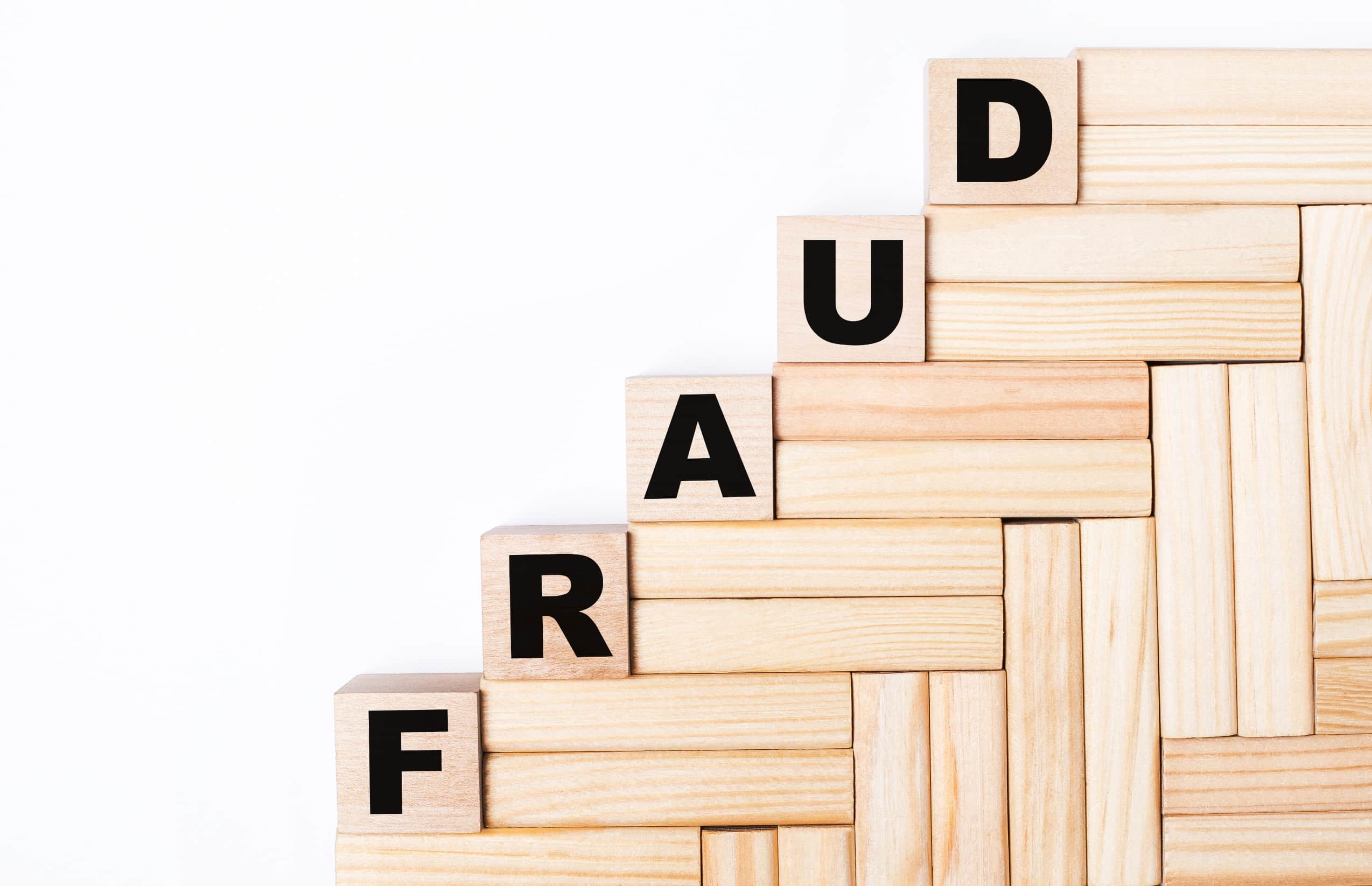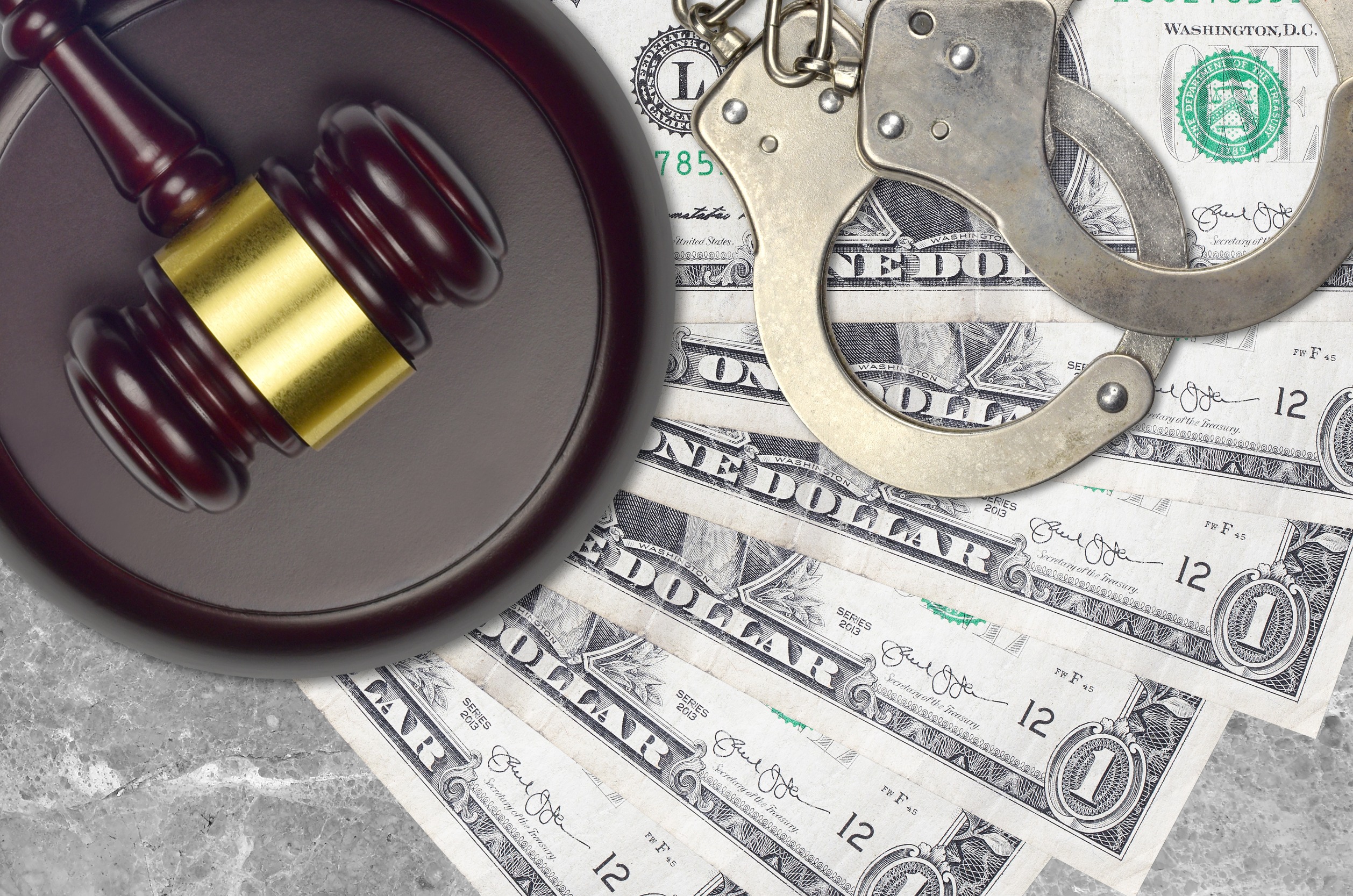Texas Stand Your Ground Law: When Deadly Force is Legally Permitted
Texas law allows the use of force, including deadly force, in some self-defense situations. The state’s Stand Your Ground
Read More
Call 24/7 For A Free Consultation
The CARES Act has benefited many Americans, particularly those with small businesses who needed a little boost during the pandemic. The Economic Injury Disaster Loan program in the CARES Act specifically helped to provide relief for small organizations and businesses that would have collapsed under the global strain of the COVID-19 pandemic.
The EIDL program was a success that offered financial relief to many. Unfortunately, people have abused this program. The FBI is cracking down on those who have taken advantage of the loans and committed fraud.
If you received an EIDL loan and are currently being investigated for fraud or worry you might be, it’s essential to understand what that can mean for your future. Read on to learn more about EIDL loan fraud and the penalties that can result if a person is found guilty of it.
The EIDL program helps small businesses recover from COVID by making borrower-friendly capital accessible. These low-interest loans are fixed-rate and long-term, set up by the Small Business Administration. This financial assistance is to help businesses overcome the negative impact of the pandemic and stay afloat.
EIDL loans require repayment. Which makes them different from Paycheck Protection Program loans that allow for loan forgiveness. However, EIDL did allow payment deferments for the first two years of the loan.
The EIDL loans dispersed were for up to $2 million in some cases, so it was for relatively large sums of money. These loans helped businesses to cover payroll, maintain operations, and meet their obligations to stay open. So far, the SBA has reported that about $600 million got recovered from fraudulent loans.
According to the SBA, EIDL fraud occurs in a variety of ways, such as:
Since the EIDL loan program rolled out during an emergency, some of the controls traditionally placed on these programs were loosened or even discarded in some instances. As a result, many took advantage of this loophole and the program. Many individuals were able to obtain loans without any verification required. The government relied on self-report and didn’t even ask for supporting documentation of income from 2019.
If you have paid attention to the news, you’ll find that some people used the loans they received through the CARES Act to buy personal luxuries such as homes, boats, cars, and costly jewelry – indeed, not the intended purpose of the funds.

If a person lied about their income or submitted false documentation, they can be liable now that the FBI is looking closer at the applications. It’s essential to understand that even if the funds are utilized for business purposes, it’s still fraud to misrepresent a business to qualify for a higher loan.
The bottom line is that misrepresenting income on a loan application for the EIDL program can subject a person to numerous federal criminal charges.
Submitting an application with inaccurate information to the bank is considered bank fraud.
Having money acquired fraudulently to your bank via a wire transfer is considered wire fraud.
Sending applications or documents through the U.S. Postal Service can result in mail fraud charges.
The use of the identity of another to apply for an EIDL loan is considered identity theft.

The charges mentioned above would be at the federal level for EIDL loan fraud. They can subject a person to potentially severe penalties under the law.
If you are found guilty of bank fraud, wire fraud, or mail fraud, you can be sentenced to up to 30 years of incarceration and be responsible for $1 million in fines for each charge.
Identity theft is also punishable by as many as 30 years in prison and fines of $1 million. Still, the judge can also hand down additional penalties, such as a minimum mandatory sentence that runs consecutively to other convictions.
If accused of EIDL loan fraud, you need an attorney as soon as possible. They can help guide you through the process and will ensure that you receive a robust defense and that your rights are protected.

Texas law allows the use of force, including deadly force, in some self-defense situations. The state’s Stand Your Ground law removes the duty to retreat when a person is lawfully present and reasonably believes force is necessary to protect against …
In Texas, simple drug possession is typically a state-level offense, however, there are some factors that can escalate it to federal drug trafficking charges. These cases are prosecuted by the U.S. Department of Justice. Understanding when this transition is possible …
A federal criminal conviction carries consequences far beyond fines and prison time. For licensed professionals in Texas, federal charges pose an immediate threat to your livelihood. Texas licensing boards don’t wait for criminal cases to conclude before taking action. Understanding …